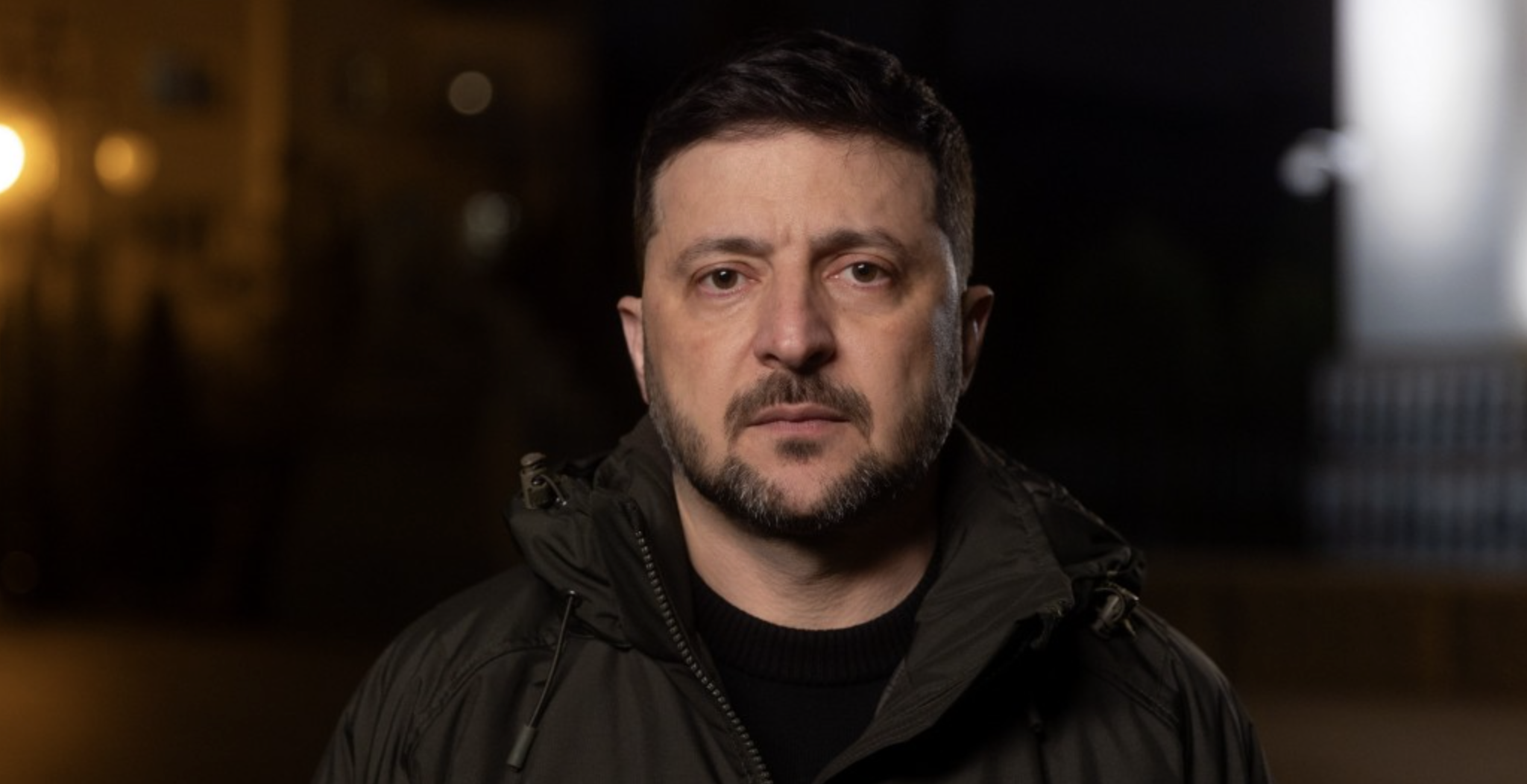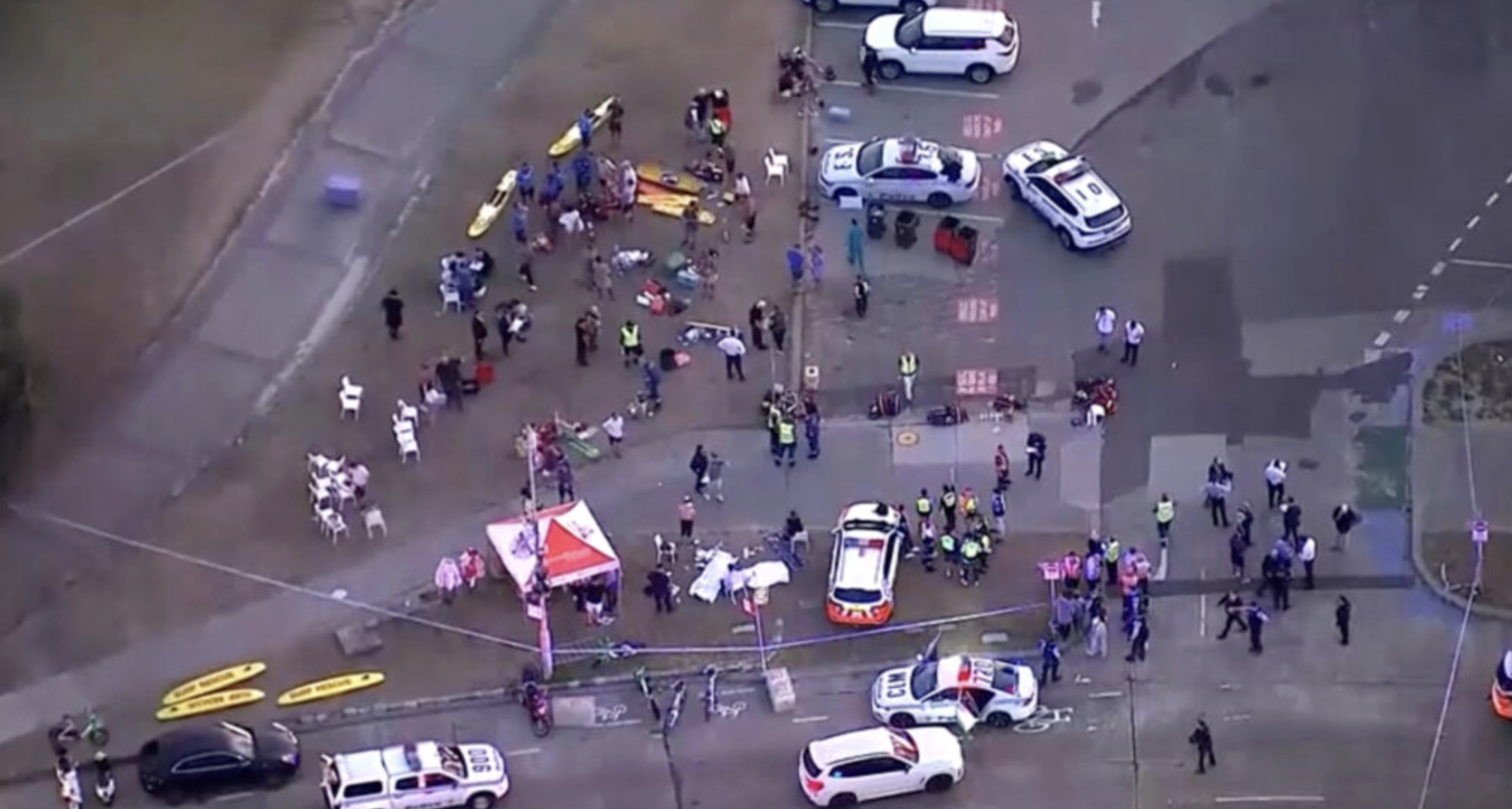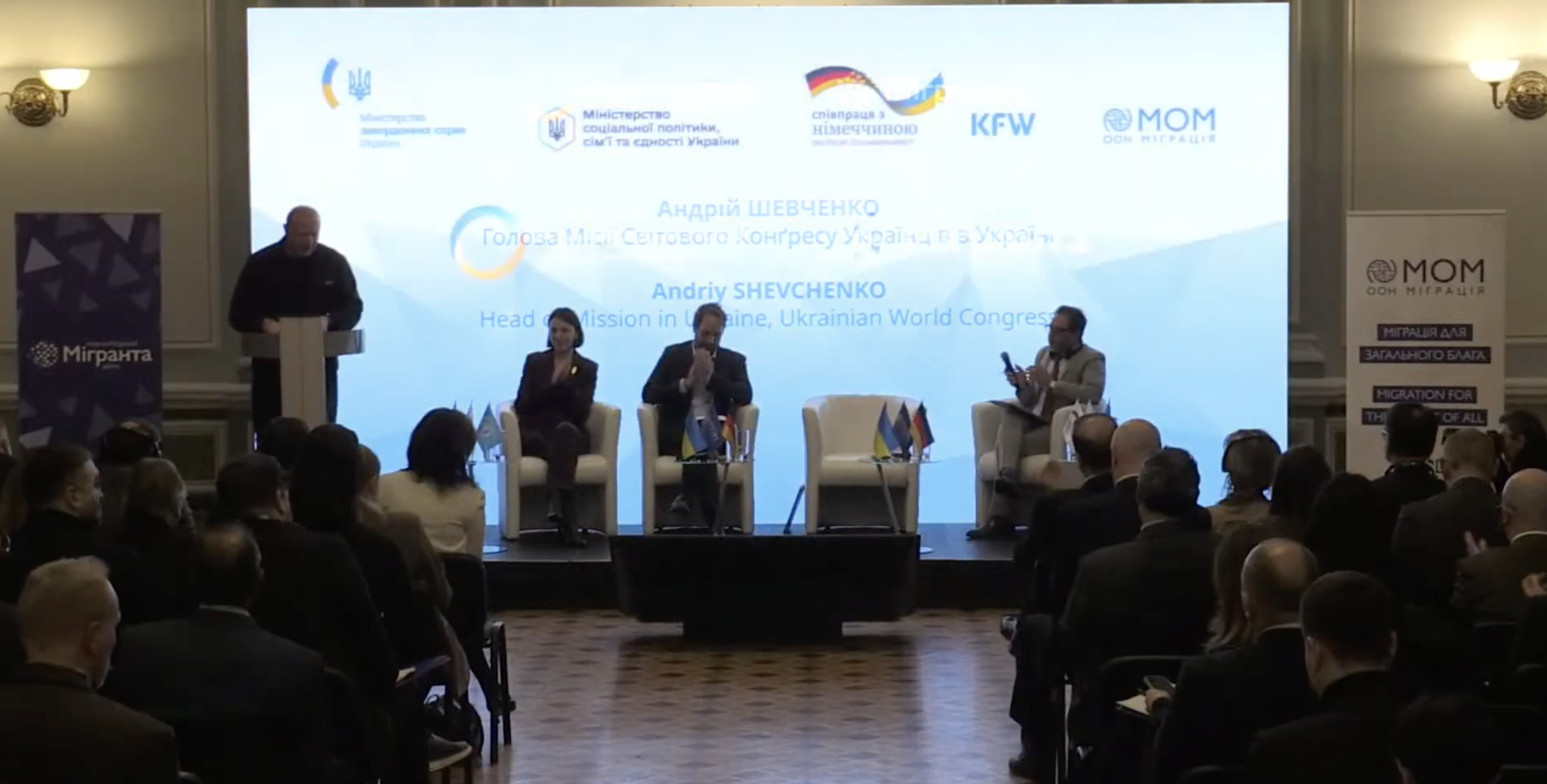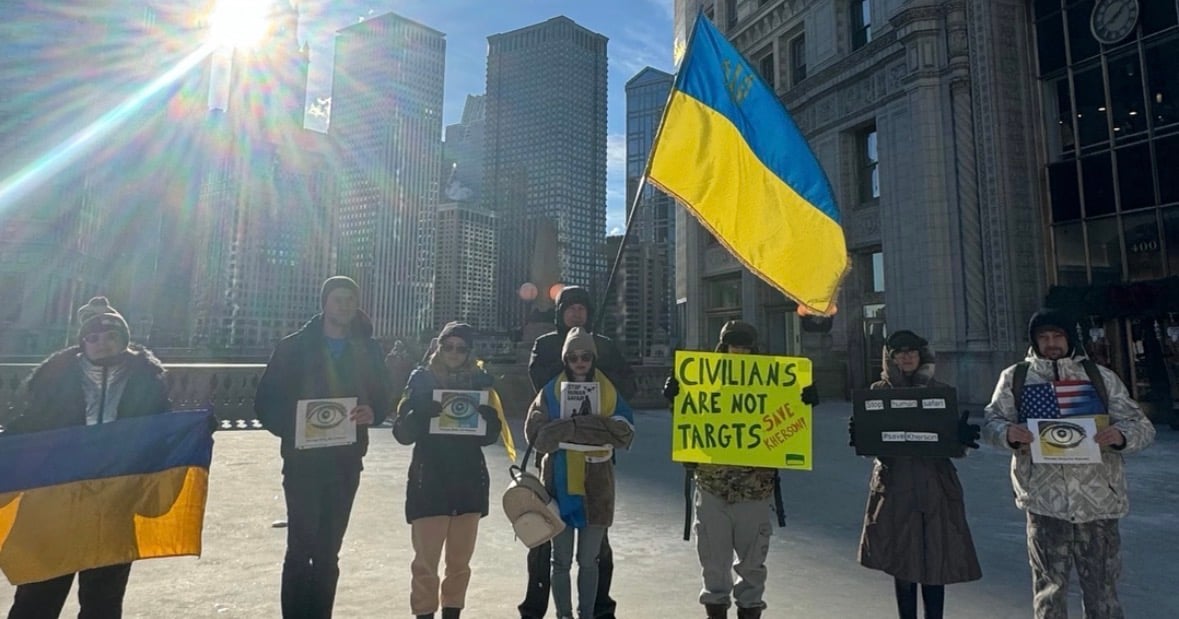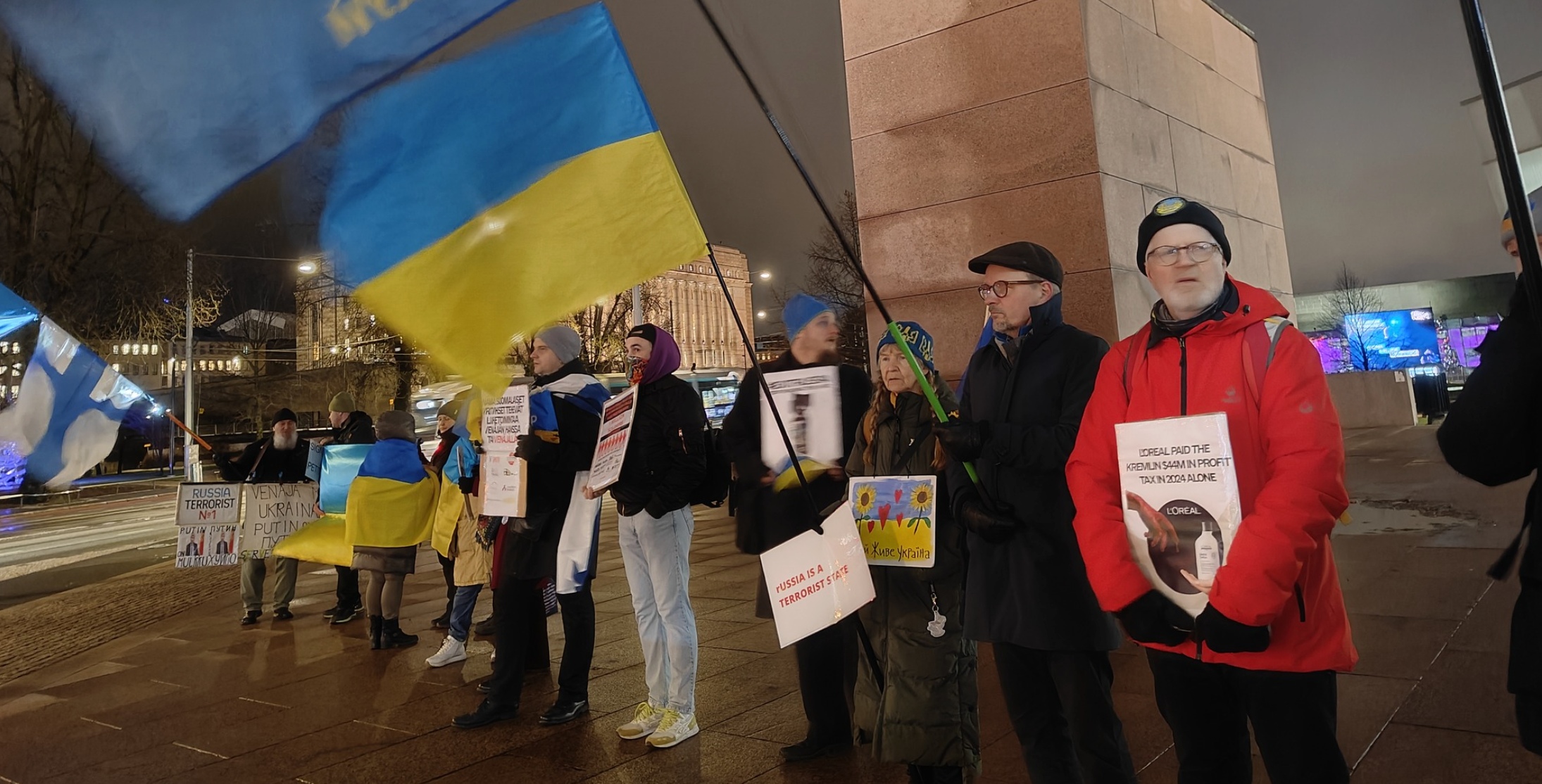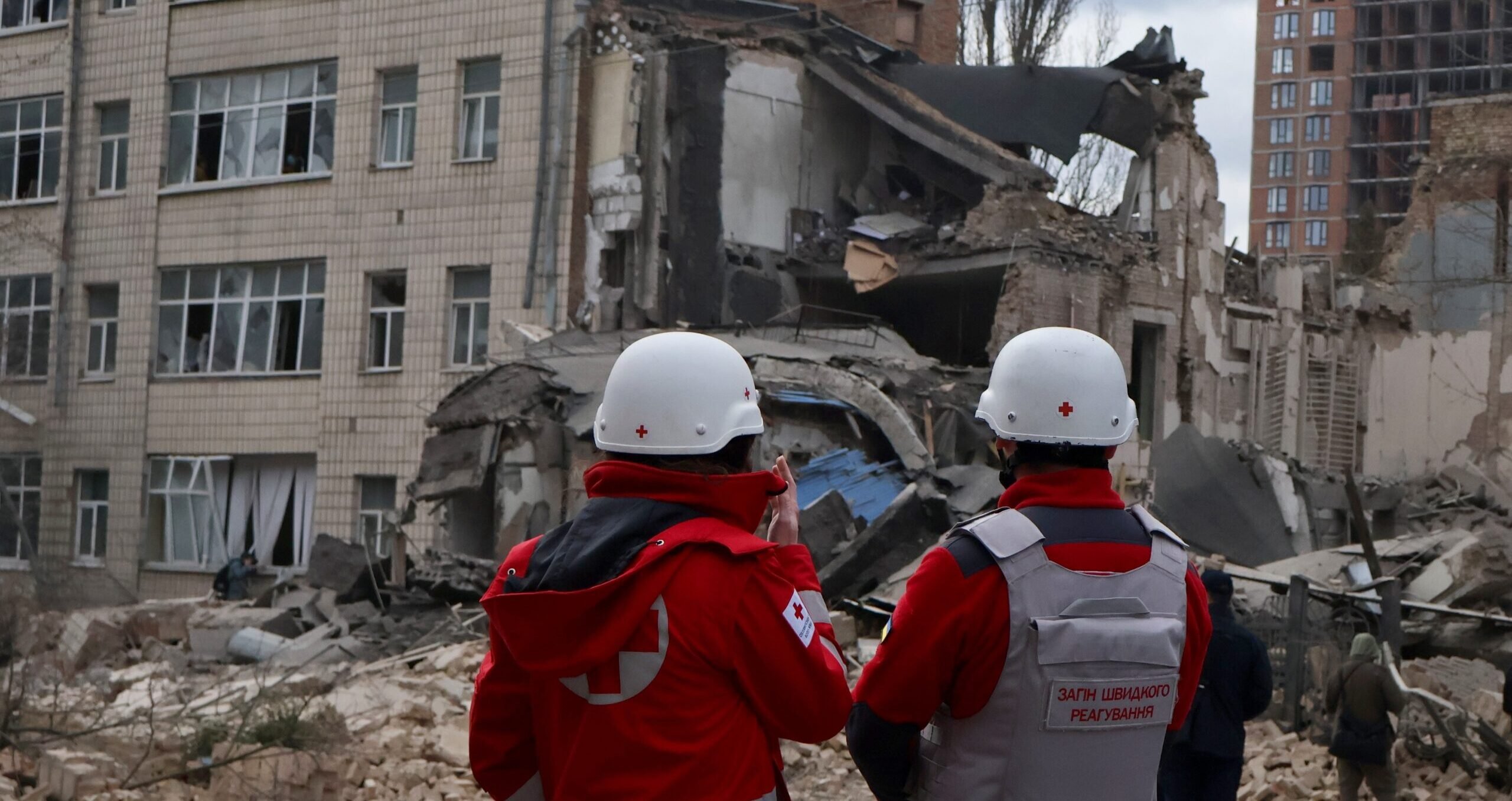

Oleksii Kopytko, military analyst and former adviser to Ukraine’s defense minister.
Source: Kopytko on Facebook
In various fields, such as biology, medicine, and some social sciences, the term “sensitization” is commonly used. While its specific meanings may differ, it generally refers to heightened sensitivity to certain stimuli.
Currently, we find ourselves in a state of increased sensitivity to negative news. Our awareness tends to ignore positive and neutral events, transforming everything into a tangled mess that fosters a sense of hopelessness and inevitable disaster.
The Russians are actively working to plunge Ukrainian society into this state of despair, striving to keep us there for as long as possible. Their ultimate goal is to dismantle us.
This situation creates a self-perpetuating cycle where we inflict the most harm on ourselves. For example, media outlets compete to disseminate the most horrifying stories: one begins, others follow suit, often taking the narrative to absurd extremes. In this environment, the most sensational news garners the highest viewership, while those attempting to share positive stories lose both audience and revenue.
Problems are glaringly obvious, yet absurdities abound. When these issues are structured correctly, emotionally framed, and presented well, they can trigger a chain reaction of destruction. In such circumstances, appealing to reason becomes challenging, but it is essential. Consider, for instance, the situation with the Ramstein meeting.
With just three weeks until the U.S. elections, I pointed out weeks ago that no significant developments could occur in the lead-up to voting. Promises may be made, but implementing anything before the elections is unfeasible. Thus, while many words and “signals” may circulate, their significance is minimal.
The Ramstein event is indeed crucial. Gathering such high-level participation is unprecedented. However, this format is only meaningful for political statements that must be solidified and put into action after the elections.
Washington sources indicated that the Ramstein meeting was being prepared at a high level for a NATO-related announcement. I noted that the venue seemed unusual; Brussels would have been a more fitting choice for such a purpose.
If partners had reached an agreement on a substantial NATO statement, they would have found a way to announce it easily. Therefore, it appears that nothing serious has been agreed upon so far, or they decided against announcing anything to avoid irritating parts of the American electorate.
On one hand, this situation is disappointing, as it suggests a lack of progress. On the other hand, it’s not entirely negative; a weak statement would likely be viewed as betrayal and disgrace, further intensifying disappointment. Additionally, a political declaration that could be retracted in three weeks seems a dubious achievement. It’s preferable for any significant announcement to come on November 7.
Thus, while there’s little to celebrate, there’s also no need for excessive drama. No one has abandoned us.
Technically speaking, it is impossible to deliver anything radically new or significant that could impact the front before the elections. Some support is already ongoing and will continue in the background, even without Ramstein.
What truly matters is not what the election participants announce prior to voting, but rather the condition in which we enter November. What will the real situation be on the front lines, in the rear, in politics, and in the economy? While we cannot strengthen our position in the short term, it is alarmingly easy to weaken ourselves due to internal fluctuations.
The Russians will attempt to provoke a collapse in October, with the ten days leading up to the U.S. elections serving as a crucial point. Psychological manipulation is one of their primary tools. Therefore, our goal in the coming weeks is to resist the barrage of horrifying news (which will be plentiful) and maintain our focus on active participation in defense. We need to counteract our heightened sensitivity by engaging in the activities that work best for us.
If the urge to criticize everyone or give up arises, let’s postpone those feelings for three weeks. This doesn’t mean the war will end in three weeks; it won’t. However, it will help prevent the enemy from influencing critical decisions to our detriment. After this period, a new day will dawn.
Cover: Shutterstock
